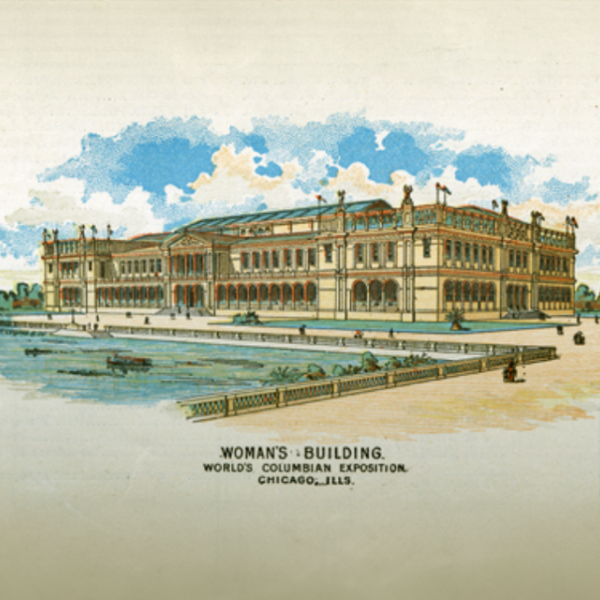Ron Himes is the Henry E. Hampton, Jr. Artist-in-Residence in the Department of African and African American Studies. He is founder and producing director of the The Black Rep, which has developed a national reputation for staging quality productions from an African American perspective.

RELATED EVENT
Talk and reception with Lynn Nottage
4 pm, Wednesday, April 16
Edison Theatre
Free and all are welcome (please RSVP via the link above)
For as long as I can remember, I have always loved a good story, and I have been fortunate enough to know and to work with some wonderful storytellers. Lynn Nottage being singular among them.
A two-time Pulitzer Prize–winning playwright (for Sweat and Ruined), Nottage is the only woman to hold that distinction. She is a McArthur “Genius” Award winner and the first Black woman to win the William Inge Festival’s Distinguished Achievement in the American Theatre Award. The St. Louis Black Repertory Company had the privilege and honor of remounting our own production of Sweat for that occasion.
I have directed her work in academia as well as on the professional stage: Intimate Apparel at the University of Indiana and Crumbs from the Table of Joy at the University of Southern Indiana. At The Black Rep, I directed Intimate Apparel, featuring the amazing Linda Kennedy in the lead role of Esther, an industrious, independent seamstress who had a dream of owning her own beauty salon. A lonely woman who looked for love in all the wrong places but who managed to rise above her trials and her heartbreak. A beautiful journey of love, faith and resilience.
Our company’s production of Ruined moved our audience deeply with its searing content, the beauty of the writing and the richness of the characters, leaving us all to ponder our own complicity in supporting the horrendous story. One of the driving reasons for the war in the Democratic Republic of the Congo was to control the mining of the mineral coltan, which is essential in all of our electronic devices. Nottage’s research and preparation included at least two trips to the continent, where she interviewed women who had been raped — the victims of sexual assault, used as weapons of war. The assault was used to humiliate women, stripping them of their wombs and their ability to have intimate relations. The men in their villages had to watch the attacks, their masculinity stripped before they were killed by the soldiers. Despite these horrors, Nottage was able to write a play that kept a ray of hope, humanity and love as a possibility. I approached Ruined as a director on a mission to both shine a light on this horrific episode and to expose our audiences to this amazing writer.
Nottage spent a couple of years in Reading, Pennsylvania, interviewing steel workers, politicians and blue-collar workers in a town labeled the “poorest city in America.” The result of this research was her second Pulitzer Prize–winning play, Sweat. Again, audiences at The Black Rep were caught up in the lives of these workers, who were locked out of their plant and witnessed the generational impact that a severe shift in the economy had on a community.

My most recent interaction with Nottage’s work was as an actor in the recent production of her play Clyde’s at the Repertory Theatre of St. Louis. Dealing with a group of ex-felons who work in a truck stop sandwich shop, each had a story to tell and all were in search of forgiveness, understanding and a second chance at life. My character, Montrellus, the “sandwich sensei,” leads the kitchen in search of the perfect sandwich. Here, Nottage examines carceral punishment, recidivism and redemption.
I have found that Nottage’s work is in many ways consistent with my personal commitment to produce, to direct and to act in plays for the American theatre from an African American perspective — work that doesn’t just tell African American stories but also celebrates and preserves the characters and experiences that help to fill in the gaps in telling America’s stories. Nottage writes plays that uplift and give voice to those who are often not seen, who are not centered and who are, in many instances, the least of us.
Nottage is a brilliant writer whose work speaks to audiences with her strong command of rhythm, language and poetry across theatre, opera and film. She is not a playwright who can be considered only for the February Black History Month slot or in need of some special occasion to be considered.
Indeed, Lynn Nottage is a storyteller for all seasons.




